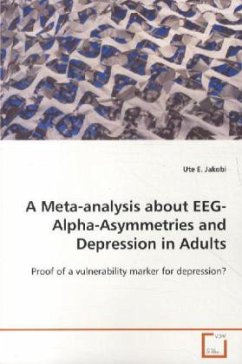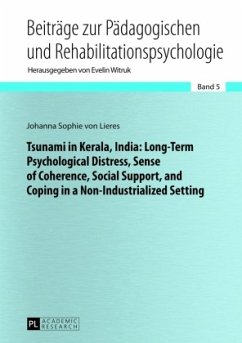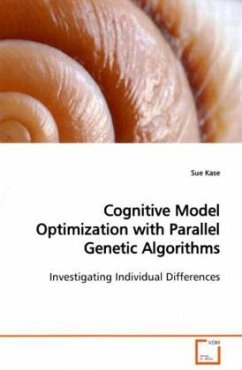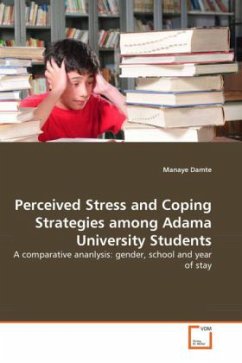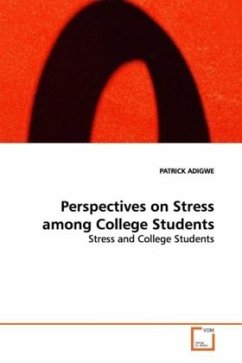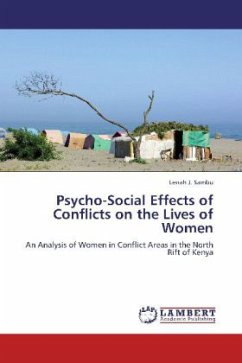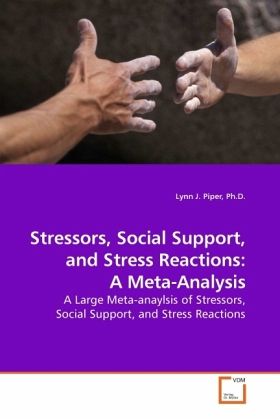
Stressors, Social Support, and Stress Reactions: A Meta-Analysis
A Large Meta-anaylsis of Stressors, Social Support, and Stress Reactions
Versandkostenfrei!
Versandfertig in 6-10 Tagen
32,99 €
inkl. MwSt.

PAYBACK Punkte
16 °P sammeln!
This study examined, via a meta-analysis, the relations among stressors, social support, and stress reactions. Unexpectedly, small to medium negative, but robust effect sizes were found for the stressors-social support relation. As expected the stressor-stress reaction relation was positive, and the social support-stress reaction relation was negative. Both relations had small to medium effect sizes that ranged from weak to very robust. The direct effect of social support on the stressor- stress reaction was generally supported, whereas the suppressor and mediating models were not supported. F...
This study examined, via a meta-analysis, the relations among stressors, social support, and stress reactions. Unexpectedly, small to medium negative, but robust effect sizes were found for the stressors-social support relation. As expected the stressor-stress reaction relation was positive, and the social support-stress reaction relation was negative. Both relations had small to medium effect sizes that ranged from weak to very robust. The direct effect of social support on the stressor- stress reaction was generally supported, whereas the suppressor and mediating models were not supported. Furthermore, the findings were inconclusive for the moderator effect of social support. Non- interpersonal traumas appear different in the stressor-social support and social support-stress reaction relations compared to other trauma types. These findings have important clinical implications.



